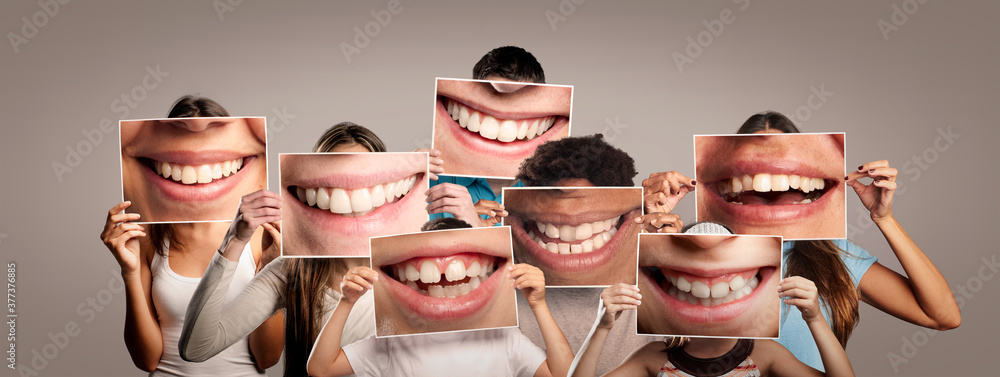Preparing for Dental Anesthesia
On the Day of Surgery:
• Please watch for a reminder text the day before the procedure with the arrival time and updated eating and drinking instructions. Plan on nothing to eat or drink after midnight the night before the procedure. This may change depending on the arrival time.
• Please have wear something comfortable- short sleeves are best (they will put stickers on their arms for the monitors).
• Washington State law is very explicit that after sedation or general anesthesia all patients must be escorted home by a “responsible adult”. This does not include taxi drivers, bus drivers, Uber drivers or other strangers. It does include a neighbor, friend, family, or professional caregiver.
• Only the patient will be allowed into the operating room, even just for the going to sleep part. On the day that our medical doctors are working in your dentist’s office, that office becomes a hospital and we run it like one for the highest level of safety for our patients. The patient and whomever they are at the office with will meet with the anesthesiologist prior to the procedure to review consent and address any questions or concerns.
• For your safety we will escort you via a wheelchair to the personal vehicle of your guest. Please keep in mind that you will need assistance to get into the car and again once you arrive home.
Waking up after anesthesia:
While waking up you will still be experiencing some of the effects of anesthesia postoperatively. This will include significant drowsiness, short-term memory loss, and lack of coordination. During this time, patients rarely communicate in meaningful conversation and can only follow simple directions. Many anesthetic medicines interfere with memory and the friend or family member that escorts you home should be advised that you may ask the same questions over and over again. In a few hours, when short-term memory is functioning normally again, that will subside. It is also normal to be tired after anesthesia. People commonly think of being under anesthesia as “going to sleep” but it is not the same thing. When you return home after your procedure you may want to have a nap. Naps are encouraged and you should sleep if you feel like it.
Pain and discomfort:
If your dental provider has prescribed prescription medications for you to take postoperatively, you should take those as directed. If you are also taking over the counter medicines, you will need to wait until 6 hours have passed since the end of the procedure to take ibuprofen or naproxen. You will have received an IV medicine called Toradol which is in the same class of medicines as ibuprofen and naproxen. This is why waiting 6 hours is necessary. Tylenol, or medicines with Tylenol in them (Vicodin, Percocet, codeine, or any generic version of those) can be taken immediately as prescribed by your dentist or surgeon.
You may experience postnasal drip, a bloody nose, and/or a sore throat. All are normal and we recommend using a saline nasal spray (Afrin or Flonase will work too) and drinking lots of fluids. You may also use a teaspoon of honey to help coat your throat.
Eating and drinking:
Restarting eating and drinking is to be done slowly. Some patients can feel just fine but then eat or drink too much and they suddenly feel nauseated. Our recommendation is this: when you think you want anything to eat or drink, start with water. Then, if the water is not bothering you, slowly add food and drink. As a general idea, it’s better to feel hungry than nauseated.
Activity:
Rest and nap if you feel like it and get a good night’s sleep. Tomorrow will be a normal day from an anesthesia perspective. Depending on your procedure, you may be recovering for several days, but recovering from the anesthesia generally takes just one day.

